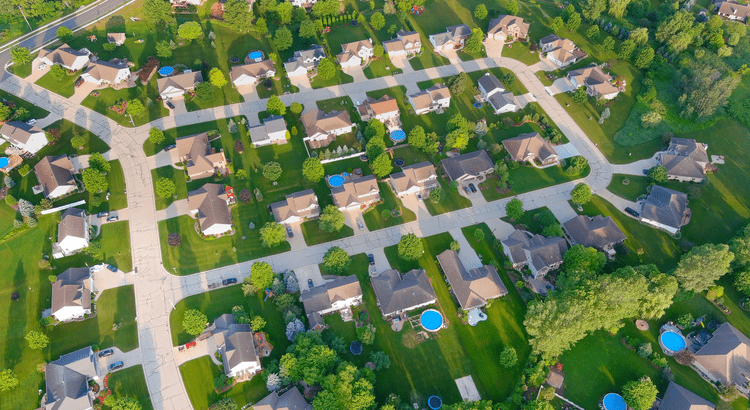
What Is the Great Wealth Transfer?
Historically, wealth transfer from one generation to the next was a gradual process, often limited to smaller inheritances or family savings. However, we’re now witnessing a dramatic increase in the scale of this transfer. According to a recent article from Bankrate:
“The biggest wave of wealth in history is about to pass from Baby Boomers over the next 20 years, and it’s going to have major impacts on many facets of life. Called The Great Wealth Transfer, $84 trillion is poised to move from older Americans to Gen X and millennials. If it’s managed smartly, Americans will be able to grow their wealth and ensure their financial security.”
As Baby Boomers retire, sell businesses, or downsize their homes, substantial assets are being passed down to younger generations, particularly Gen X and millennials. This transfer is expected to have a powerful ripple effect on the economy over the next few decades.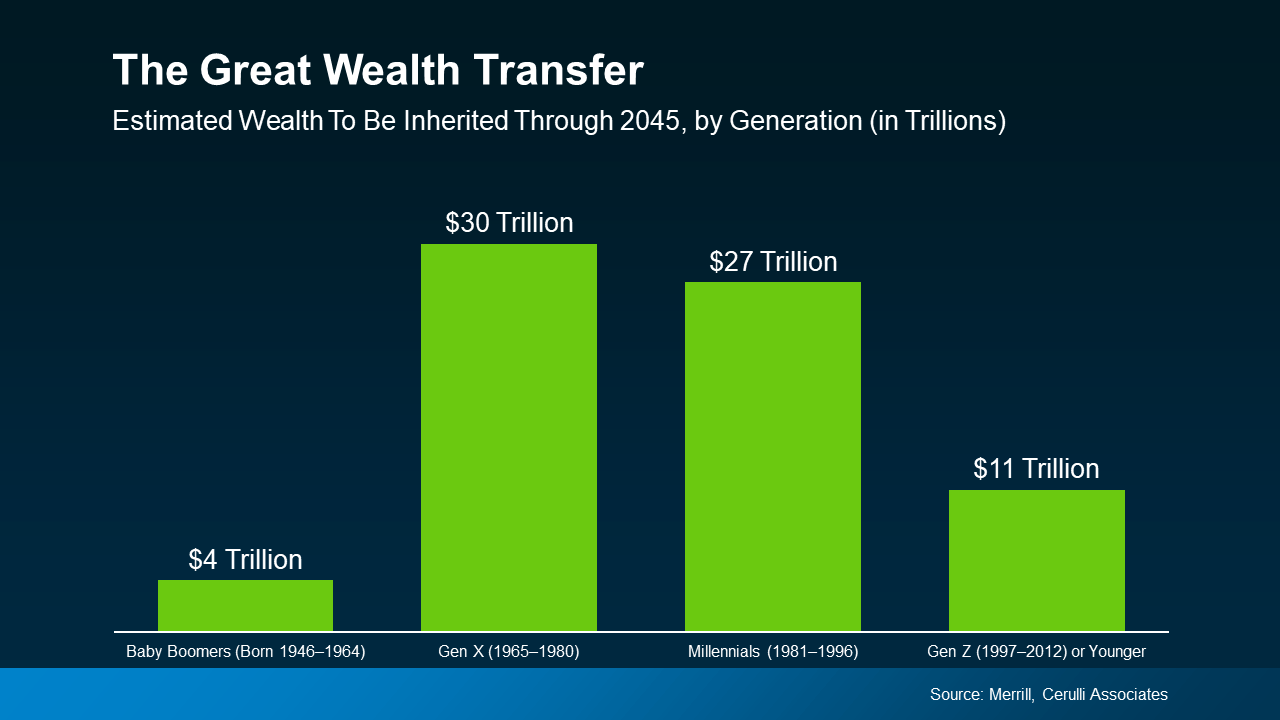
Impact on the Housing Market
One of the most immediate and significant impacts of the Great Wealth Transfer is on the housing market. For years, home affordability has been a major concern, especially in high-demand areas like Fort Worth, Keller, and Haslet. However, the increase in generational wealth is expected to ease some of these challenges by providing future homeowners with greater financial resources.
As assets are passed down, younger buyers may find themselves in a stronger position to afford homes. This could lead to more first-time homebuyers entering the market, as well as existing homeowners trading up or purchasing additional properties. A recent article from Merrill highlights this potential benefit:
“While millennials face steep barriers . . . to buying a first home in many markets, ‘that’s a for-now story, not a forever story’ . . . The Great Wealth Transfer should enable more of them to become homeowners — or trade up or add a second home — either through inherited property or the funds for a down payment.”
This trend could be especially impactful in the Dallas-Fort Worth Metroplex, where property values have been on the rise and competition for homes remains fierce. The influx of inherited wealth may help balance the market by increasing purchasing power among younger generations, making homeownership more attainable.
Impact on the Economy
The Great Wealth Transfer is not just about housing—it also has far-reaching implications for the broader economy. As significant sums of money are passed down, there will be new opportunities for entrepreneurial endeavors. For those looking to start a business, inherited funds can provide the necessary capital to launch new ventures, fueling innovation and economic growth.
This transfer of wealth is expected to empower the next generation of business owners and innovators, helping them bring their ideas to life and contribute to economic expansion. In areas like the DFW Metroplex, which is already a hub for business and innovation, this could lead to a surge in new startups and economic activity.
Bottom Line
While home affordability remains a challenge in today’s market, the ongoing Great Wealth Transfer is poised to unlock new opportunities for homeownership and economic growth. As wealth is passed down and put to use, it’s expected to ease some of the barriers to entering the housing market and support the next generation of entrepreneurs.
If you’re considering buying a home or investing in real estate in Fort Worth, Keller, Haslet, or the surrounding DFW Metroplex, now is an excellent time to explore your options. Let’s connect and discuss how you can take advantage of the current market dynamics and make your real estate goals a reality.
Ready to explore the opportunities in the DFW real estate market? Contact us today to start your journey toward homeownership or investment in one of the fastest-growing regions in the country.
Crystal Zschirnt Southlake Westlake Keller Fort Worth Haslet Trophy Club Roanoke Real Estate New Home Selling House Best Agent

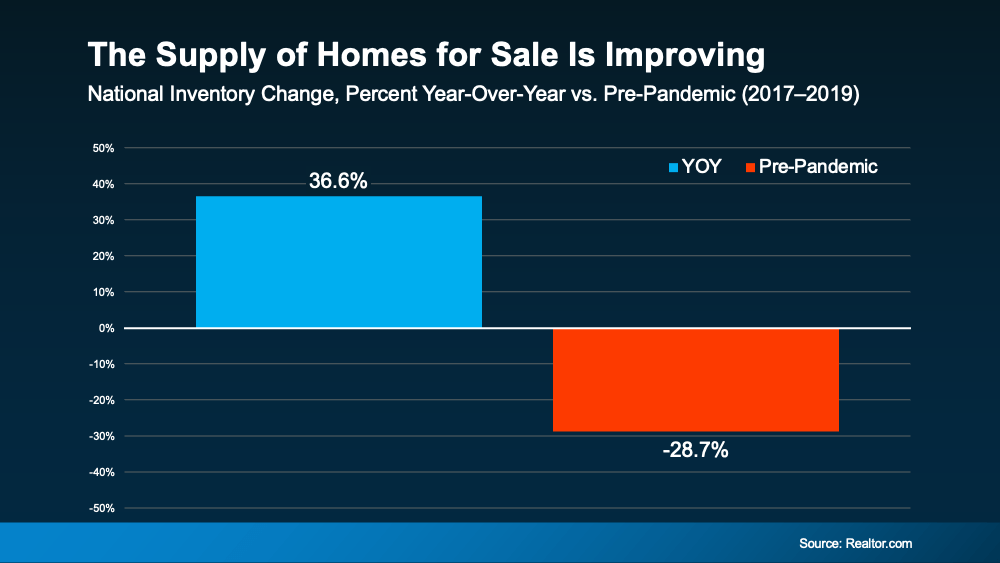
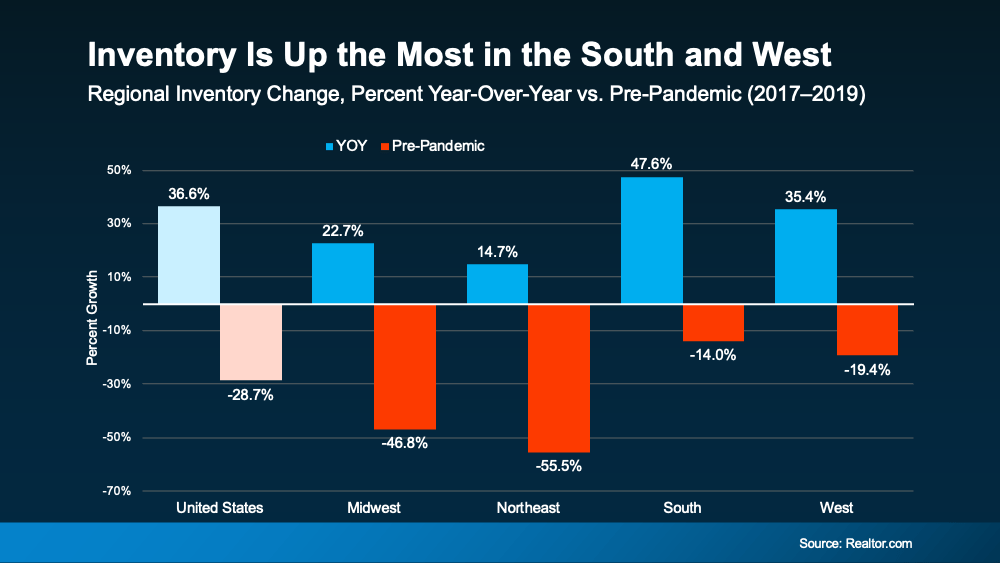
.png)

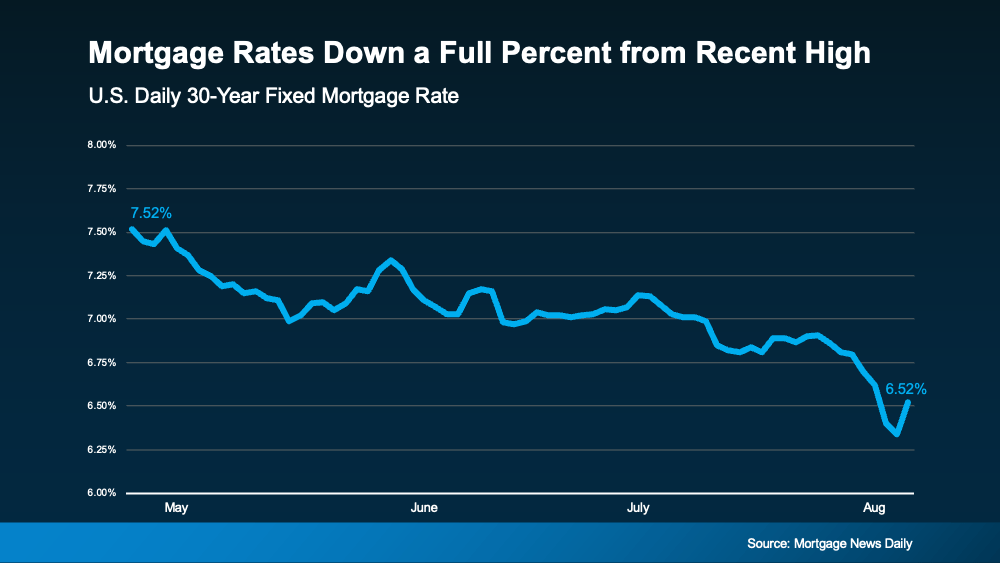

.jpg)
.jpg)
.jpg)